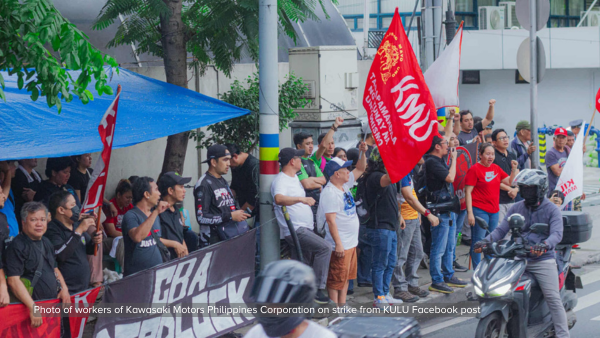Of late, the Chinese not-for profit organisation Students & Scholars Against Corporate Misbehavior (SACOM), supported by the Swiss NGO Bread for All, released two reports on in-factory labour rights training programmes at two China-based suppliers to technology company HP. According to SACOM and Bread for All these pilot programmes are a first step towards a new worker-based Corporate Social Responsibility model.
The trainings took place in two electronics factories located in Dongguan, southern China. In the first factory, a basic labour rights training programme the Labor Education & Service Network (LESN), a non-profit labour NGO, provided Delta Electronics (Dongguan) for 1,549 workers and conducted several consultations for middle and lower management staff in corporate responsibility. During the training, LESN provided every worker with a pocket-sized guide to the Electronics Industry Code of Conduct (EICC) and Chinese labor laws in simplified Chinese. After the training, workers at the factory said that they will keep the booklets for their future use and some workers felt more confident communicating with management. The trial training program represents the first step in improving the worker-management communication at the factory.
Simultaneously, the Chinese Working Women Network (CWWN), another non-profit labor NGO, provided trainings to two groups of workers in Chicony Electronics (Dongguan), the second HP supplier. The first group focused on training 2,714 frontline machine operators and the second group was focused on 30 worker committee members. CWWN also promoted a hotline service: a useful tool for workers to report problems confidentially. After receiving a complaint through the hotline, CWWN relayed them anonymously to Chicony managers, in order that they better understand workers’ common concerns. In some cases, the complaints were resolved. Hotlines such as the one implemented in this case also assist brands in monitoring the progress of code implementation in factories. In the case of Chicony, the trial program helped expand its ability to manage grievances and to nurture a positive work culture. CWWN further trained worker representatives to manage the complaint hotline themselves and to develop discussion skills, so that the complaint-resolution mechanism can be sustained beyond the initial project.
Jenny Chan, SACOM Chief Coordinator, said: “These two pilot cases show that workers’ feedback is significant in helping senior managers understanding the demands and grievances of the workers. While moving towards worker-based CSR is a very long process that required much deeper commitments from all parties, we believe this initial experiment is a good starting point for more innovative and pro-labor training programs to come, in China and other countries.”
Ernest Wong from the Supply Chain Social and Environmental Responsibility program at HP commented that “the experience of working with the NGO partners in this supplier capability building project was very positive. In particular, establishing contacts to local training providers has already resulted in additional trainings being planned at other suppliers”.
“This two-year project can be very important for the sustainable development of the global electronics industry. It shows a way for a new CSR practice with multi-stakeholder collaborations. Should global and local independent NGOs, brands, and suppliers continue to work together, a more favorable worker-centered monitoring system can be established in China, where genuine worker representation remains weak,” commented Chantal Peyer from Bread for All, a not-for-profit Swiss NGO and international partner of Hong Kong-based SACOM.
Read the full report regarding Delta Electronics.
Read the full report regarding Chicony Electronics.
This press release was originally published on the website of SACOM.









